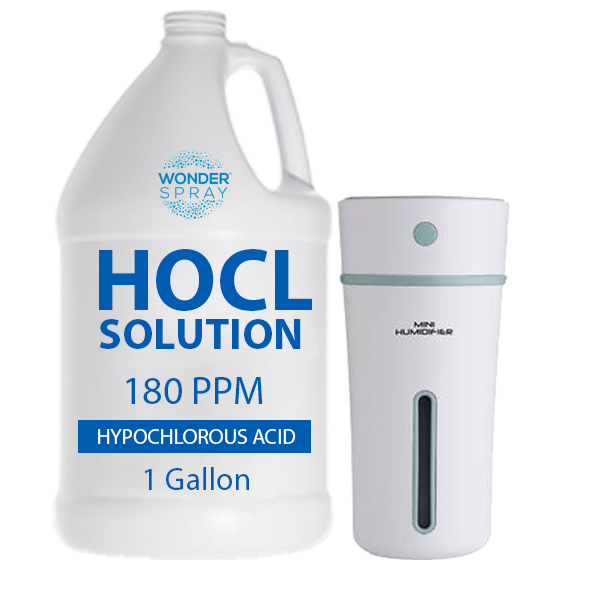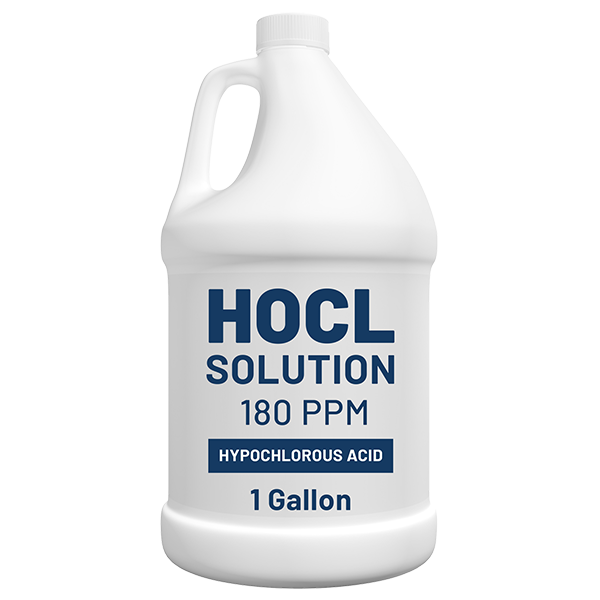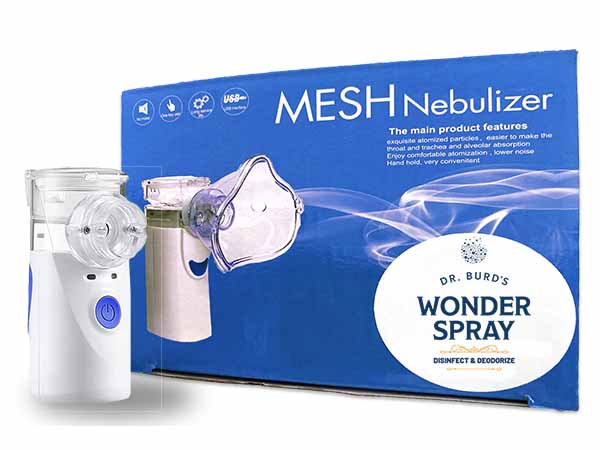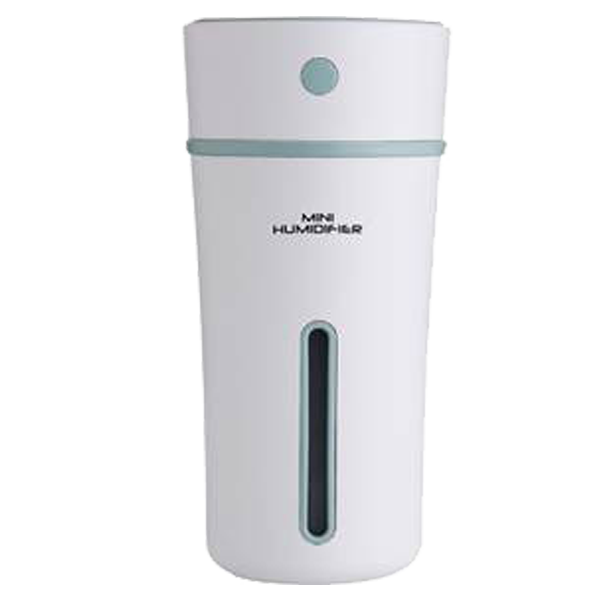[ad_1]
In North America, chlorine is by far the most popular method to sanitize a pool. However, it is not the only way. Long a favorite in other parts of the world, saltwater swimming pools are starting to gain popularity all over North America. Proponents of salt water pools claim since there is no chlorine in the pool water, it feels smooth or ‘silky’, will not irritate your eyes or skin, is safe to swallow when swimming and will not fade bright colored swim wear. Some also claim the saltwater pools are virtually maintenance free, less costly to operate and more environmentally friendly since they use a totally natural product – salt – rather than a manufactured chemical -chlorine. Sounds like a lot of good reasons to install a saltwater pool, but perhaps we should take more balanced look at the discussion.
Common Myths of Saltwater Pools
Saltwater pools contain large amounts of salt. First, here is an interesting fact – saltwater pools do not really have salt water in them, at least not salt water like in the ocean. A properly maintained saltwater pool does have salinity but is well below that of ocean water (somewhere between 10 and 20 percent), much closer to the salinity level of water that has been passed through a water conditioner or softener.
Saltwater pools are chlorine free: A saltwater pool is not a chlorine free pool. In salt water pools, when the water circulates through the pump and filter system it also passes through a chlorine generator. Inside the chlorine generator an electronic process combines hydrogen molecules from the water (made up of hydrogen and oxygen) with chlorine from the salt (sodium and chlorine) to produce hypochlorous acid which is carried in the circulating water back into the pool. This hypochlorous acid is what keeps the pool free of algae and bacteria. So in reality, the main difference between the two systems is with one you need to store chlorine and add it intermittently, while in the other the system is constantly adding chlorine when the pool is running.
Saltwater pools are maintenance free: Remember, the chlorine generator only adds chlorine to the water, it does not replace the requirement to monitor and balance the pool water. In order to maintain pH and alkalinity, the owner will need to regularly test the water and when necessary, add chemicals to bring the water into proper balance. As well, the chlorine generator itself requires regular maintenance. As part of the electrolysis process, calcium builds up on the titanium plates inside the generator and the calcium needs to be cleaned off or the system will no longer be able to produce chlorine.
Saltwater pools are less costly: In fact, installing a salt water pool is more expensive initially than a chlorine based system – primarily because of the need to include a chlorine generator as part of the pool equipment. However, after installation you only need to add inexpensive salt (regular table salt or salt pellets used in water conditioners works well). So, once the system is installed salt water pools will be less costly to run since there is no need to constantly buy (expensive) chlorine to add to the pool.
The ‘fly in the ointment’ here is since chlorine is only generated when the saltwater system is running, many experts suggest you should run your salt water system 24/7. So in effect you are trading the cost of Chlorine for the cost of electricity and depending on the price of power in your area, a saltwater system could in fact be more costly.
Another potential cost factor is the chlorine generator itself. Besides the initial cost of approximately $1500, they have an expected life span in the range of 10,000 hours of operation. Depending on the length of your pool season, that could be as little as three years before it might need to be replaced.
So what have we learned?
Compared to a chlorine pool, no one can argue that the water in a saltwater pool does not feel different – it’s smoother and softer. Also, because the chlorine level is so low, the water will not smell or irritate a swimmer’s eyes and skin. As well, there are undoubtedly environmental benefits to using salt rather than chlorine. However, the operating costs are highly dependent on the price of electricity so, it’s impossible to generalize as to which system is actually less costly. Salt water or chlorine? It is an individual decision.
[ad_2]
Source by Villette Nolon












